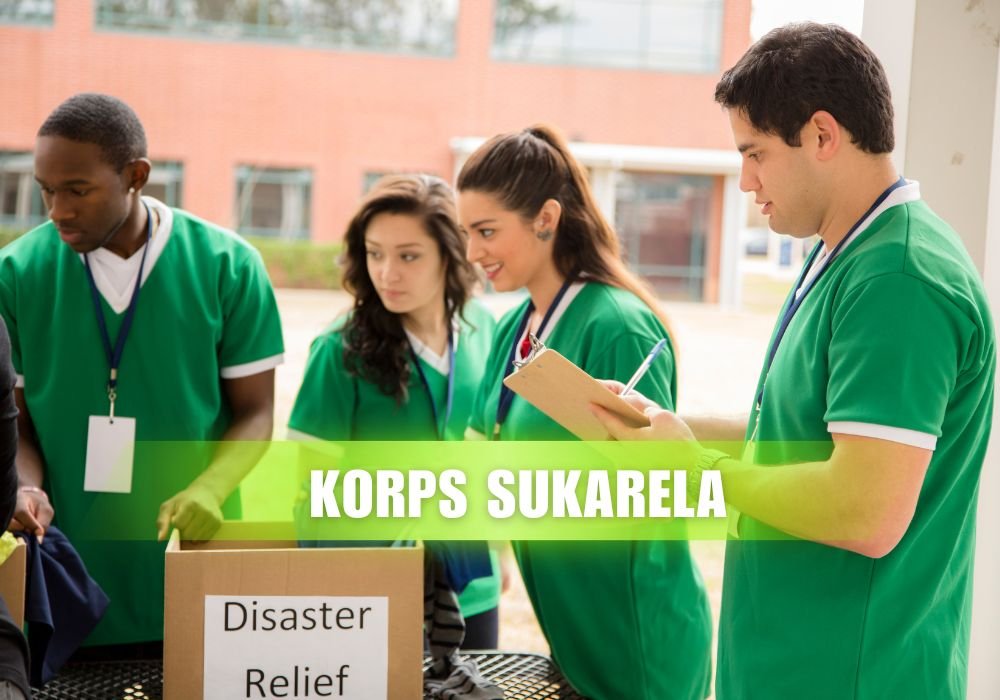Korps Sukarela, also known as the Indonesian Volunteer Corps, is a national program that aims to promote community service, social responsibility, and youth empowerment. Established in 1986, Korps Sukarela has become a significant initiative in Indonesia, engaging millions of volunteers in various community development projects across the country.
Objectives and Goals
The primary objective of Korps Sukarela is to foster a culture of volunteerism among Indonesians, particularly among the youth. The program seeks to:
-
Encourage social responsibility and community service
-
Develop leadership and teamwork skills among volunteers
-
Support community development projects in various sectors, such as education, healthcare, and environmental conservation
-
Promote national unity and social cohesion
Program Structure
Korps Sukarela operates under the Ministry of Youth and Sports, with a decentralized structure that involves local governments, community organizations, and educational institutions. The program is open to all Indonesian citizens, with a focus on youth aged 16-30.
The program consists of various components, including:
-
Community Service Projects: Volunteers participate in projects such as teaching, healthcare, environmental conservation, and disaster relief.
-
Leadership Training: Volunteers undergo training to develop leadership, communication, and teamwork skills.
-
National Service Program: Volunteers participate in a one-year service program, focusing on community development projects.
Impact and Achievements
Korps Sukarela has made significant contributions to community development in Indonesia. Some notable achievements include:
-
Education: Volunteers have taught in remote areas, improving access to education for thousands of children.
-
Healthcare: Volunteers have assisted in healthcare programs, providing medical services to underserved communities.
-
Environmental Conservation: Volunteers have participated in conservation efforts, protecting Indonesia’s rich biodiversity.
-
Disaster Relief: Volunteers have played a crucial role in disaster response and recovery efforts.
Conclusion
Korps Sukarela has become an integral part of Indonesia’s social landscape, promoting a culture of volunteerism and community service. The program has empowered millions of youth, developing their skills and fostering social responsibility. As Indonesia continues to face development challenges, Korps Sukarela remains a vital initiative, driving positive change and promoting a brighter future for the nation.




